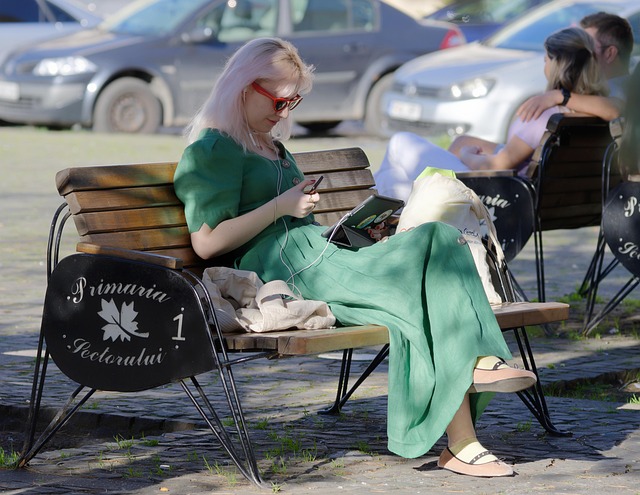In the heart of our bustling cities, where concrete towers reach for the sky and the hum of traffic drowns out the sounds of chirping birds, a revolution is quietly blossoming. Urban gardening communities are transforming neglected spaces into vibrant green havens, cultivating a connection between people and nature that is more critical now than ever. These grassroots movements not only promote environmental sustainability but also foster a sense of community and well-being among urban dwellers.
Imagine walking down a lively street, where once there were only gray sidewalks, and finding yourself surrounded by flourishing herb gardens, colorful flower beds, and raised vegetable plots. Urban gardening communities are sprouting up in vacant lots, community parks, and even rooftops, creating a patchwork of green sanctuaries. These initiatives allow city residents to engage directly with the environment, to feel the soil between their fingers and to watch the cycle of nature unfold right before their eyes.
One of the most compelling aspects of urban gardening communities is their commitment to sustainability. By utilizing eco-friendly practices, such as composting kitchen scraps and employing organic gardening techniques, these groups are championing a more sustainable lifestyle. This not only helps reduce the carbon footprint but also encourages biodiversity in areas that may lack natural habitats. Local wildlife, once displaced by urban development, begins to thrive again as these green spaces reintroduce vital ecosystems.
Moreover, urban gardening serves as an educational tool, providing workshops and hands-on experiences that teach city residents about the importance of sustainable living. These communities have become classrooms where individuals can learn about pollinators, companion planting, and the myriad benefits of growing their own food. Participants experience firsthand the joy of nurturing a seed into a fully-grown plant, instilling a sense of responsibility towards the environment they inhabit.
Engaging in urban gardening cultivates not only green thumbs but also strong community ties. People come together from diverse backgrounds to share knowledge, resources, and companionship. Neighbors who once exchanged nothing more than polite nods may soon find themselves trading fresh produce or sharing gardening tips. This sense of camaraderie fosters a deeper appreciation for the environment, as individuals collectively witness the positive impact their efforts have on their surroundings and on each other.
As urban gardening communities flourish, they inspire a broader movement towards green living that extends beyond the garden’s borders. These initiatives remind us that we can reclaim our relationship with nature, even in the midst of concrete jungles. They advocate for policies that support green spaces and highlight the importance of local food systems, moving sustainability into the mainstream of urban planning and development.
Participating in urban gardening is a journey each individual can embark on to transform their locality while nurturing their own bond with nature. Whether it’s joining a community garden, starting a balcony planters, or volunteering for local environmental initiatives, every small action contributes to a larger impact. Embracing this green movement is not just about growing food; it’s about cultivating hope and resilience in a rapidly changing world.




